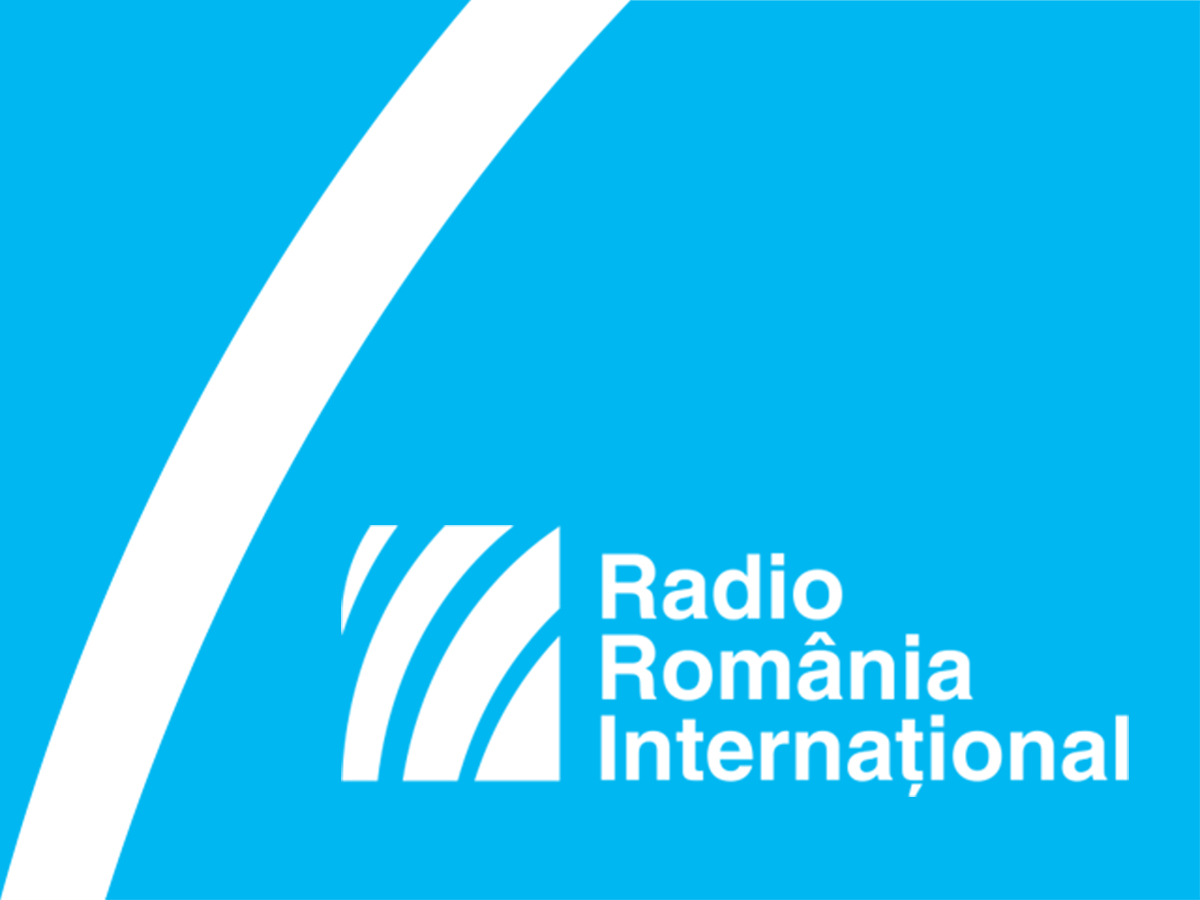The Pro Transylvania Association
Pro Transylvania opposed the cessation by Romania of Northern Transylvania to Hungary under Vienna Award of August 1940.

Steliu Lambru, 22.05.2023, 14:00
Under
the Vienna Award of August 30 1940,
Germany and Italy forced Romania to cede Northern Transylvania to
Hungary. This was Romania’s second loss of territory that year,
following that of Bessarabia and Northern Bukovina, which had been
annexed by the USSR in June. Yet a third territorial loss would occur
in September, when Southern Dobruja was awarded to Bulgaria under the
Treaty of Craiova. Northern Transylvania had almost 43,500 square km
and some 2.4 million inhabitants according to a population census
from 1930, with ethnic Romanians making up around 50% of the ceded
territory and ethnic Hungarians 38%. The Vienna Award was the result
of Hungary’s revisionist policy after the 1920 Treaty of Trianon
between the Entente and Hungary, which concluded WWI.
The
forced cessation of Northern Transylvania was not without
consequences, including persecutions against the Romanian and Jewish
population, as well as expulsions and displacement, with around
500,000 Romanians, people from the administration and the elites,
having to leave the area. Those who fled Northern Transylvania did
not however, resign to the new state of affairs. On 15th
November 1940, a group of young intellectuals established the Pro
Transylvania association, which also had its own radio station, with
the leader of the National Peasant Party Iuliu Maniu as honorary
president. The aim of the association was primarily to condemn the
loss of territory. Although the association was clandestine, its
members did get hold of a military radio station which they used to
broadcast for 2-3 hours a day from Brașov.
Professor
Victor Marian was a member of the Pro Transylvania association and in
1997 he gave an interview to Radio Romania’s Oral History Centre:
It
was a pirate station and we were constantly followed, so we kept
moving from one place to another. After 41 Castelului street, we
moved the station to Mount Tâmpa, in the hut of an abandoned
sheepfold. The key figure of the station was Leon
Bochiş, and he was joined by Lucian Valea, Iustin Ilieş and myself.
I worked with them until mid 1942, when I got an appointment in the
education system in Braşov, which made it harder for me to continue
with the station.
The
broadcasting station in question was called Free Romania, it used
portable equipment and covered around 100 km. Victor Marian said the
station had a good location and the information it broadcast into the
occupied territory came via courier and even from the army:
The
station was well organised because broadcasting from Braşov it could
be received easily, especially in the Szekler region and Târgu
Mureş. I knew people from Cluj, which is 230 km away, who said they
could often pick up this clandestine station. From Tâmpa, the
station moved to Postăvarul Peak, and from Postăvarul to Piatra
Mare mountain, but I’d already stopped working with them by that
time. I heard about it from Leon Bochiş, who was a very good friend.
From Piatra Mare they moved the station to Făgăraş mountains, and
that was the final move, because they were tracked down and had to
flee. They had to leave their equipment behind and the station
no longer broadcast after that.
Victor
Marian also spoke about the newspaper published by the Pro
Transylvania Association, called Ardealul,
and which had an equally important contribution to maintaining hope
in the Romanian media:
This
newspaper, Ardealul,
which was led by Anton Ionel Mureşanu, carried lots of reports about
the movement of the frontline and other international events. So we
knew about all the efforts made by Iuliu Maniu at an international
level, in Stockholm, Ankara, Cairo, etc. We were up to date, so we
were able to provide accurate information about these diplomatic
efforts. When these reports appeared, we felt we were being followed,
we could tell the station was being tracked, and would move
immediately. We simply had to pack up and leave because as soon as we
broadcast these reports about Romania wanting to leave the war, the
Germans, who had much more sophisticated equipment, would have caught
us in no time.
As
the front line was advancing into the Soviet Union, the activity of
the Pro Transylvania association was becoming more and more
difficult, and it eventually closed in 1942. On the advice of Iuliu
Maniu, the members of the broadcasting team fled, and the
broadcasting equipment was abandoned in the mountains. Two years
later, in 1944, the fate of history changed, and in 1947, Northern
Transylvania, for which a lot of compromises that been made, was
returned to Romania.





























